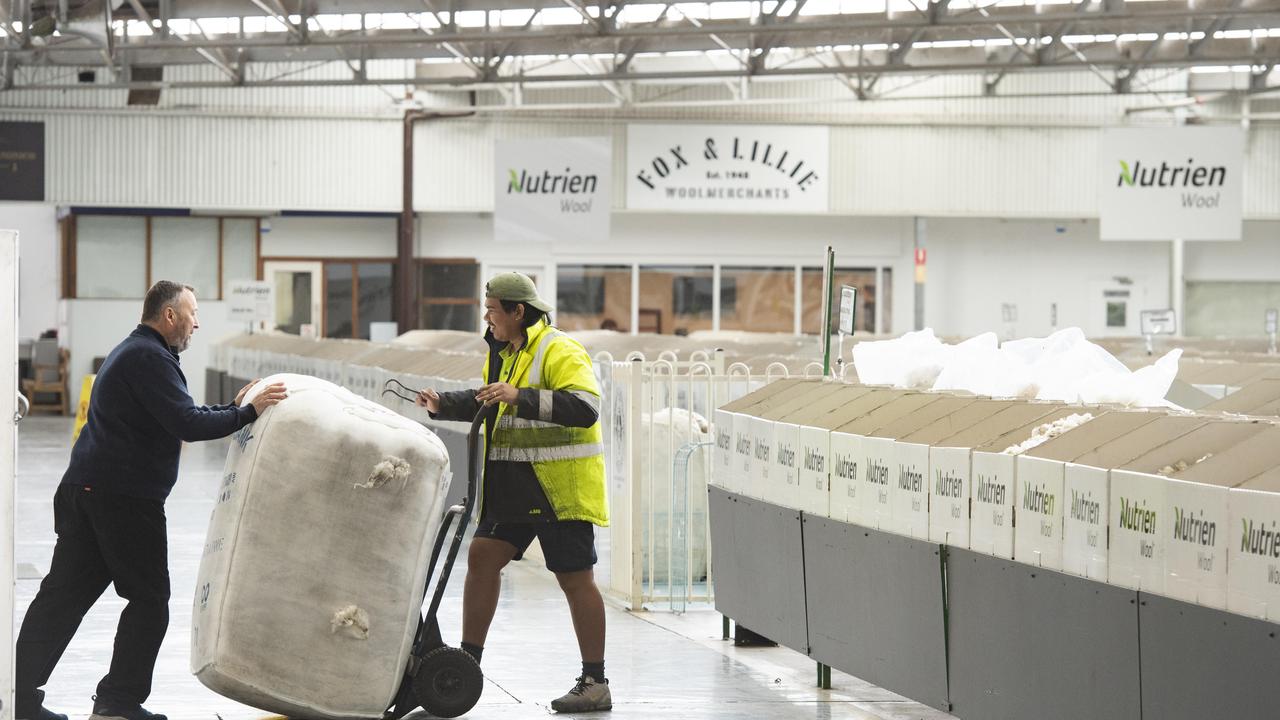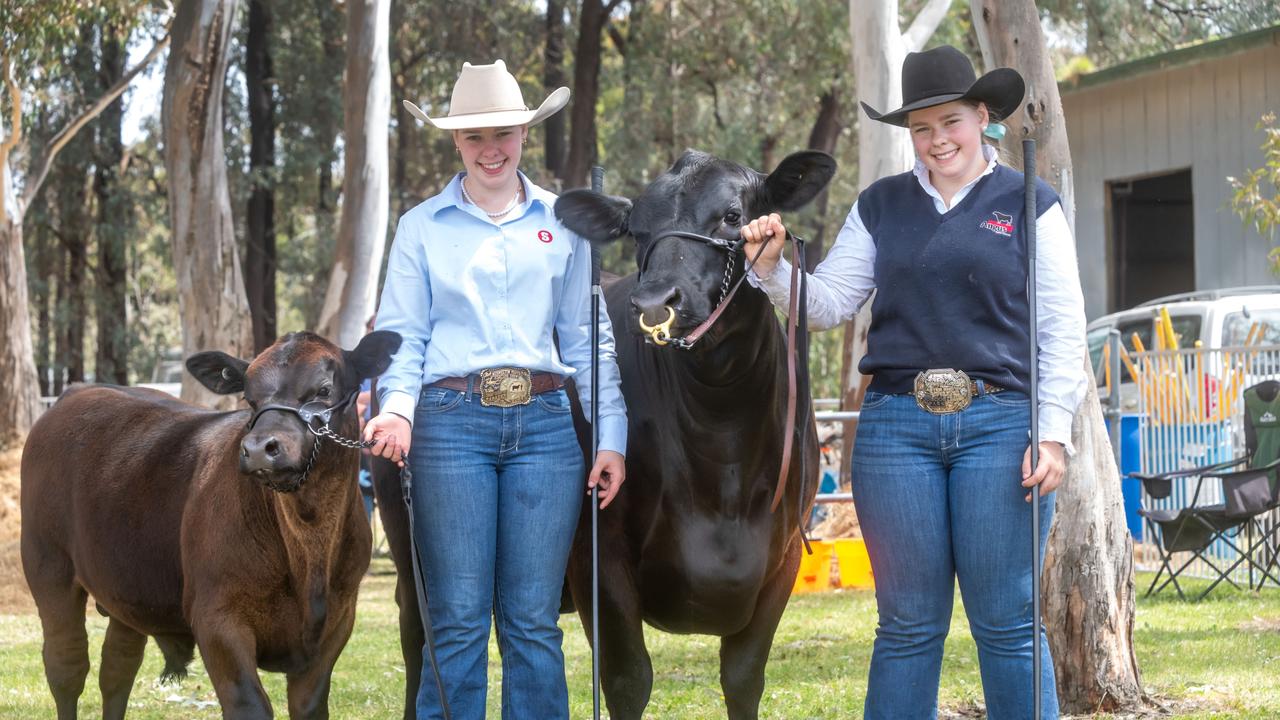MLA’s annual report shows work to be done on lifting the public’s view of producers
Almost half of Australians are not convinced livestock producers raise cattle and sheep in a humane way, a survey by MLA shows.

Meat and Livestock Australia’s annual report shows efforts to improve the public’s views on how humanely producers treat livestock are, so far, falling short of targets set by the research and development corporation.
The recently released annual report shows MLA’s community sentiment survey for 2024 indicates the percentage of people that agree or strongly agree producers were raising animals in a humane manner was “relatively stable at around 55 per cent, for cattle, and a slight increase to 55 per cent, for sheep”.
However MLA’s key performance indicator, as part of the Strategic Plan 2025 goals, require an improvement in this sentiment to 60 per cent.
A spokesman for MLA said Australians were not losing faith in the sector, “as shown by the stable level of perceptions for beef cattle and increase for sheep”.
“Improvements in this rating are a stretch target for MLA and the industry and MLA will continue to make investments that improve consumer sentiment,” he said.
Regarding perceptions of sustainability, MLA’s community sentiment survey showed 51 per cent of Australians agree or strongly agree producers were committed to sustainability, which was also short of a 60 per cent KPI.
The spokesman said MLA was “working hard to improve perceptions through our community communications and Australian Good Meat programs”.
Meanwhile, the annual report also showed the sector would not reach its target of producing $50 billion in sales by 2030, as this would require a 45 per cent price lift which was not forecast to eventuate.
Instead, MLA now expects a shortfall of 15-30 per cent on this target, due to “global market shocks such as Covid, cost of living crisis, and war in Europe and Middle East”.
In the past financial year MLA spent $49,891,000 on 287 employees, up from $45,692,000 in the previous financial year.
This is despite other spending falling – R & D was down 10 per cent and marketing, 9 per cent.
The spokesman said staff costs were “a relatively fixed cost” subject to the same inflationary pressures faced by all businesses.
In 2023-24, grass-fed producers contributed $53.7 million to MLA, which had a total revenue for the period of $283.1m.
MLA took in a total of $108.8m in levies, including from other sectors, grain-fed cattle ($13.5m) and lamb and mutton ($40.7m).
Cattle Australia – the national peak body for the grass-fed beef cattle industry – chief executive Chris Parker said we continue “to work with MLA and the Australian Beef Sustainability Framework to demonstrate the industry’s sustainability credentials to the community and our international markets”.





